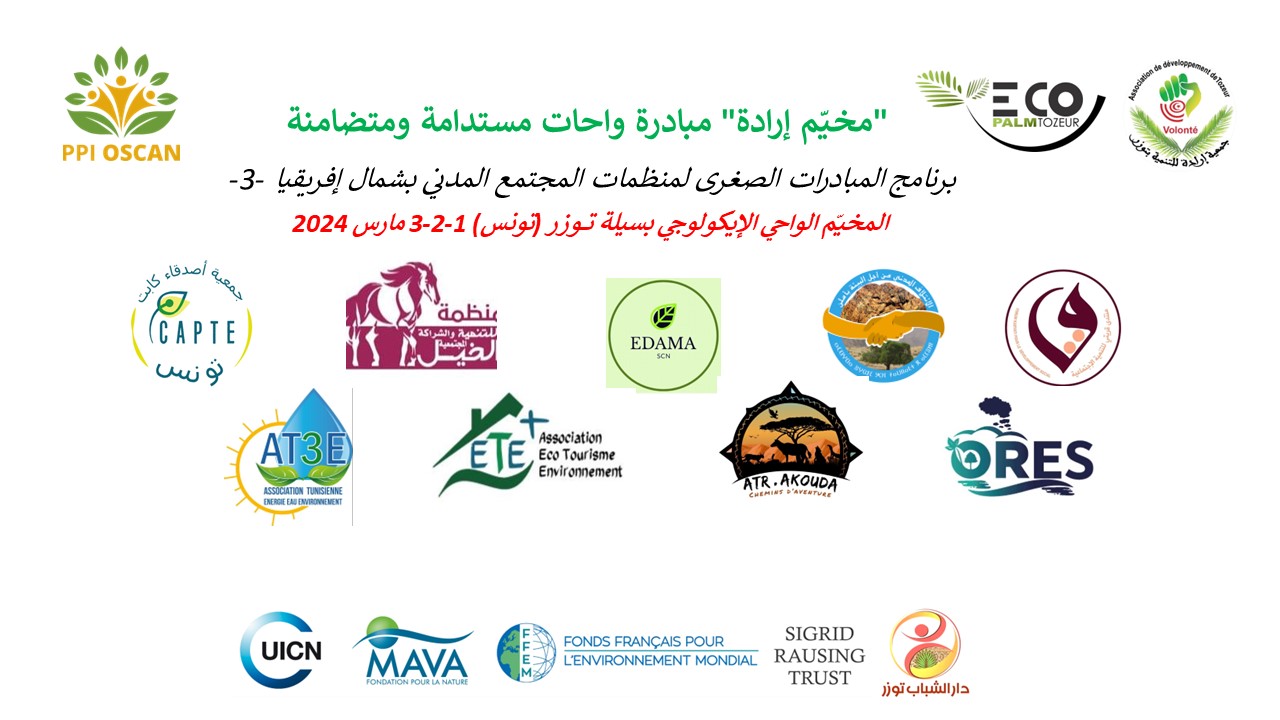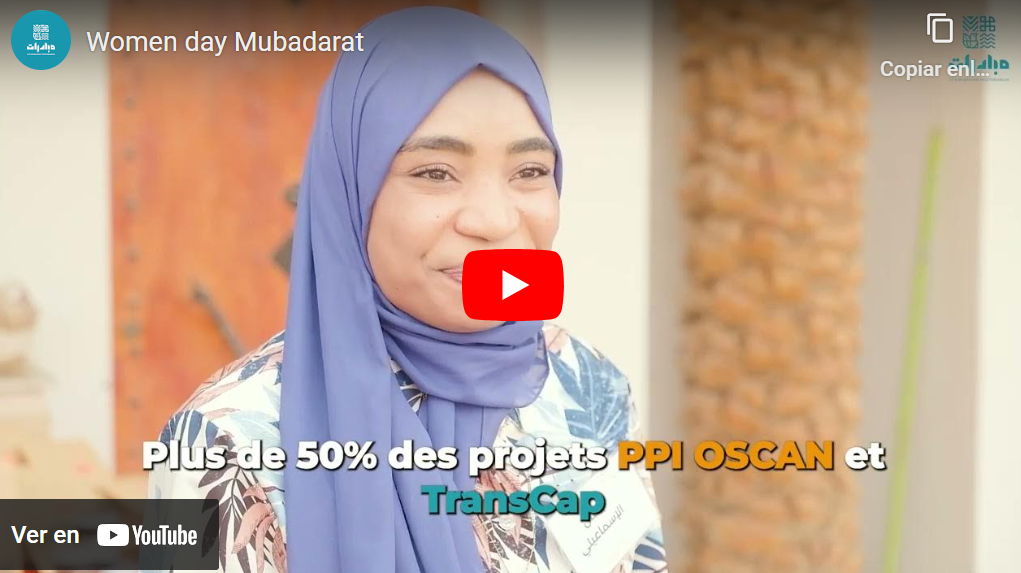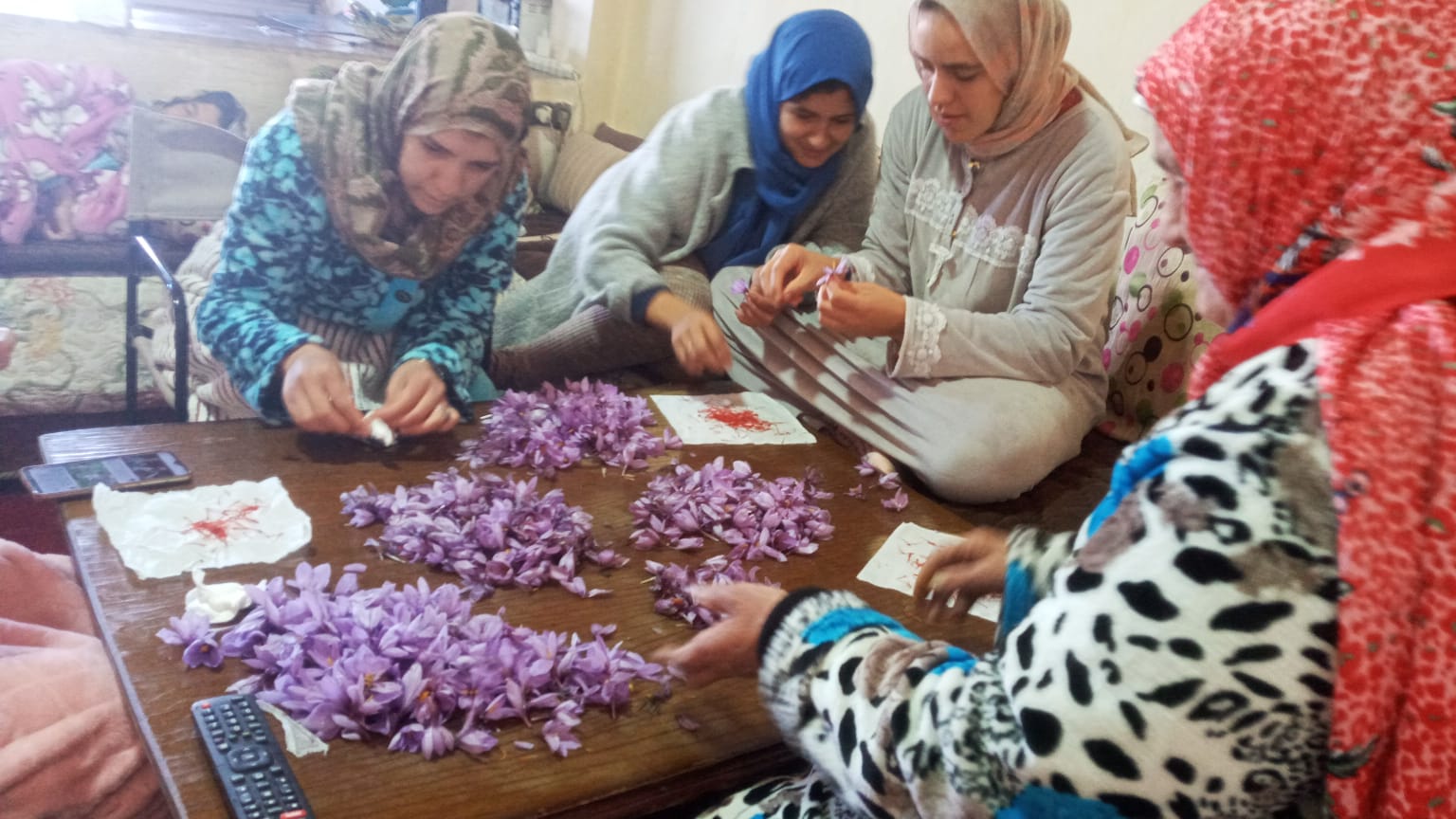As part of its C6 agroforestry project, the Association les Amis du Capte Tunisie (LACT) is working with farmers in the natural area known as the lakes of Bizerte, and the northern area of the Kef province. The association has been very active the past few months setting up agrosystems by planting carob trees, an emblematic tree in the Mediterranean known for its benefits for soil stability, its quality as fodder, and its adaptation to the effects of climate change. The tree plantings were interspersed with the planting of a leguminous-grass forage mix that protects and improves soil qualities without chemicals. The carob plants were also used to reforest a burnt-out part of the Om Roubia forest in the region of Kef. 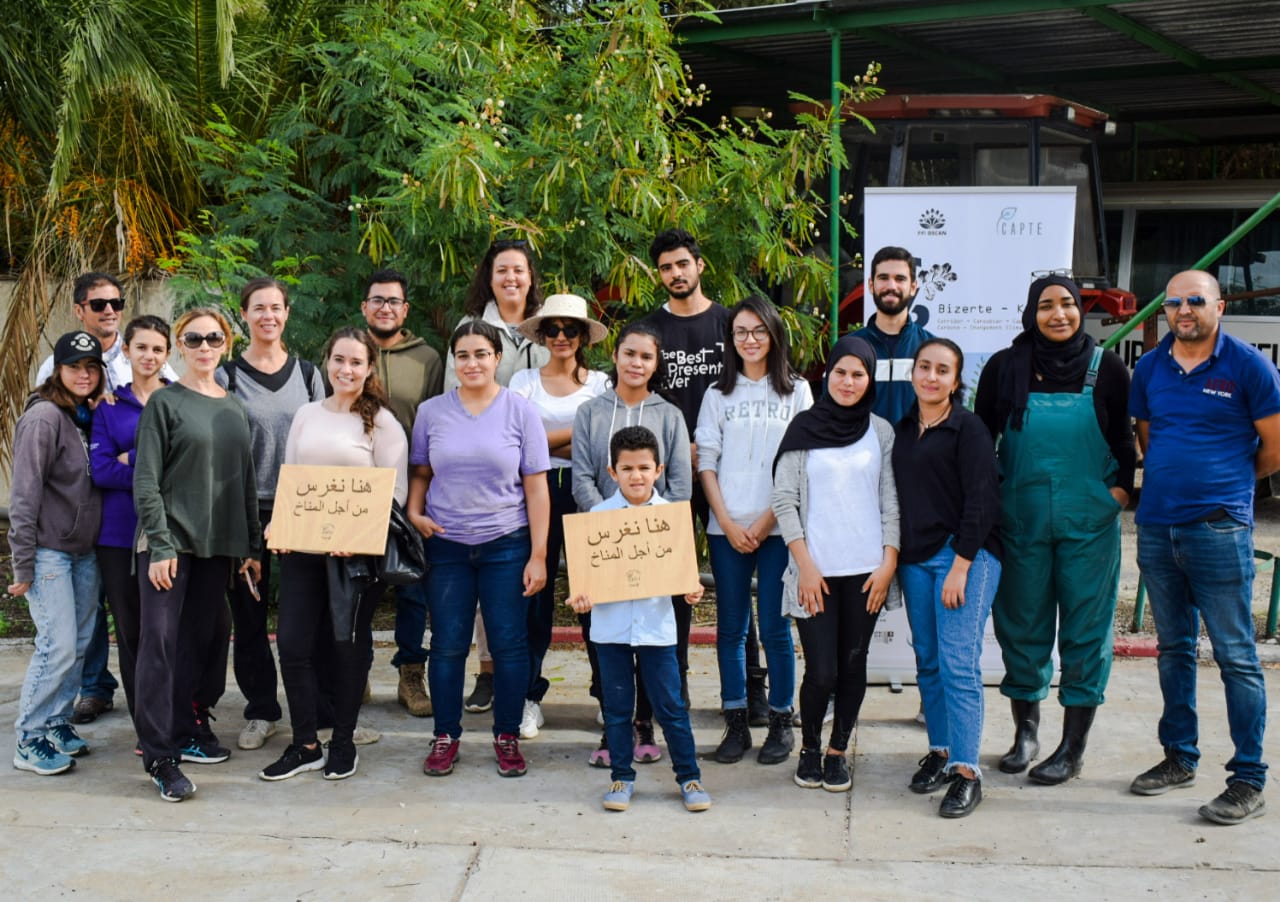
@Les Amis du Capte
The association, which is fully aware of the benefits that such plantations can provide in improving the resilience of agricultural ecosystems in semi-arid environments, has extended its network by collaborating with other associations benefiting from IUCN-Med’s TransCap and PPI OSCAN programmes. Recently, its members went to the south of the country to Medenine to help the association Adesm, a TransCap2 beneficiary, to address the problem of water and soil conservation in the rural and arid area of Hezma. The trees that were planted should provide food and habitat for livestock, and store water and carbon.
The Amis du Capte also proposes to develop a participatory research initiative in the future based on their pilot orchards and nurseries. Different research structures will study the selection of rootstocks which are adapted to drought and higher levels of salinity, in order to define an appropriate biological control and fertilisation plan. To achieve this, various awareness-raising activities on agroforestry have been organised with students from the agricultural universities of Mateur and Kef.
This collaboration and sharing of knowledge between associations from different programmes is one of the four main objectives of the Mubadarat strategy for supporting civil society implemented by the IUCN Centre for Mediterranean Cooperation. These approaches strengthen the civil society dynamic in North Africa and catalyse the implementation of concrete biodiversity conservation measures at the grassroots level. To find out more about the objectives of Mubadarat: MUBADARAT – Appui à la Société Civile Nord-Africaine (mubadarat-uicn.org)
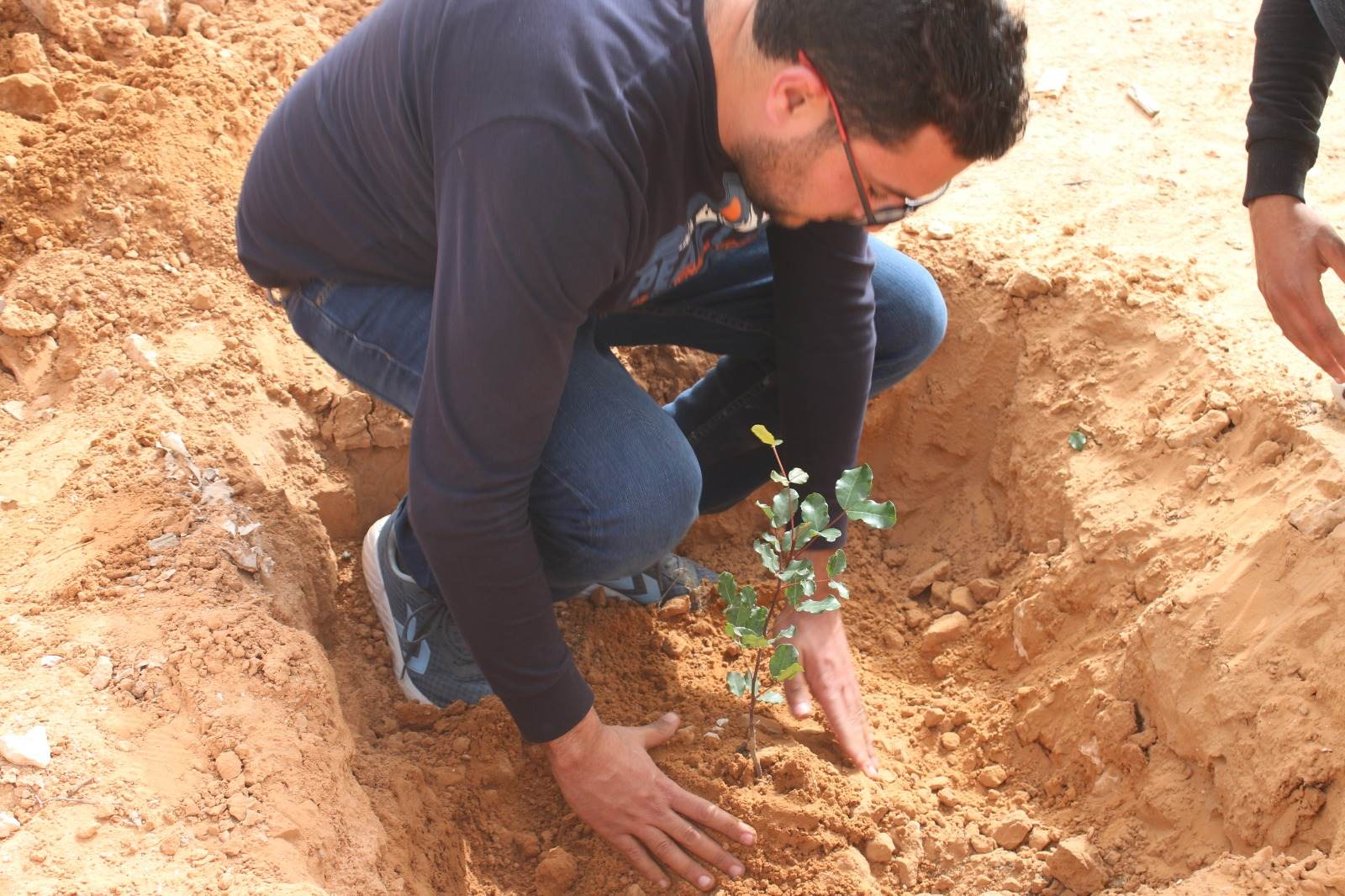
@Adesm
Contact: lesamisdecaptetunisie@gmail.com


